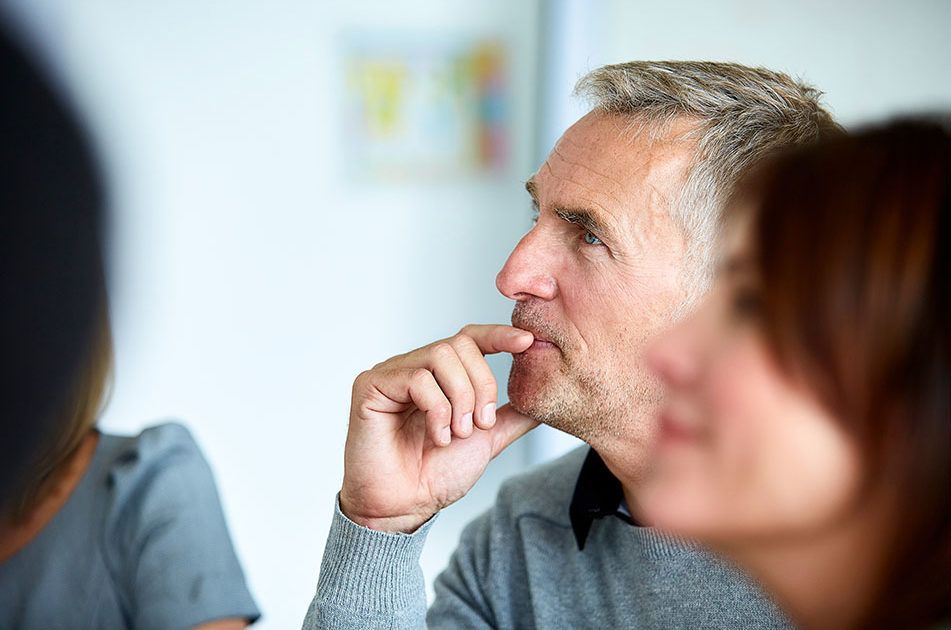Vivien Underwood of e-consultancy has emailed news of a free ‘Digital Masterclass’ being held at Manchester Metropolitan University on Thursday, 22nd November 2007.
The session will run from 17:45 – 20:00 and will explore PR and Legal issues for digital marketers.
It will cover the over-hyped world of social media and ‘non real-world environments’. I think I’ve worked in a few of those.
The speakers will be:
* Rob Brown, PR Director at Erikson McCann
* Raj Mahapatra, Managing Director at VLegal
This sort of stuff is relevant for recruiters too. Better still, there’s no need to pre-book. Just turn up and get involved.
This looks like being an interesting evening and one I’m going to attend if I can. After the presentations there’s a, ‘ social networking event’ at The Bull’s Head on London Road.
Or, to put it another way, ‘a few beers down the pub’.
Details of the event are here .


Share your comments and feedback